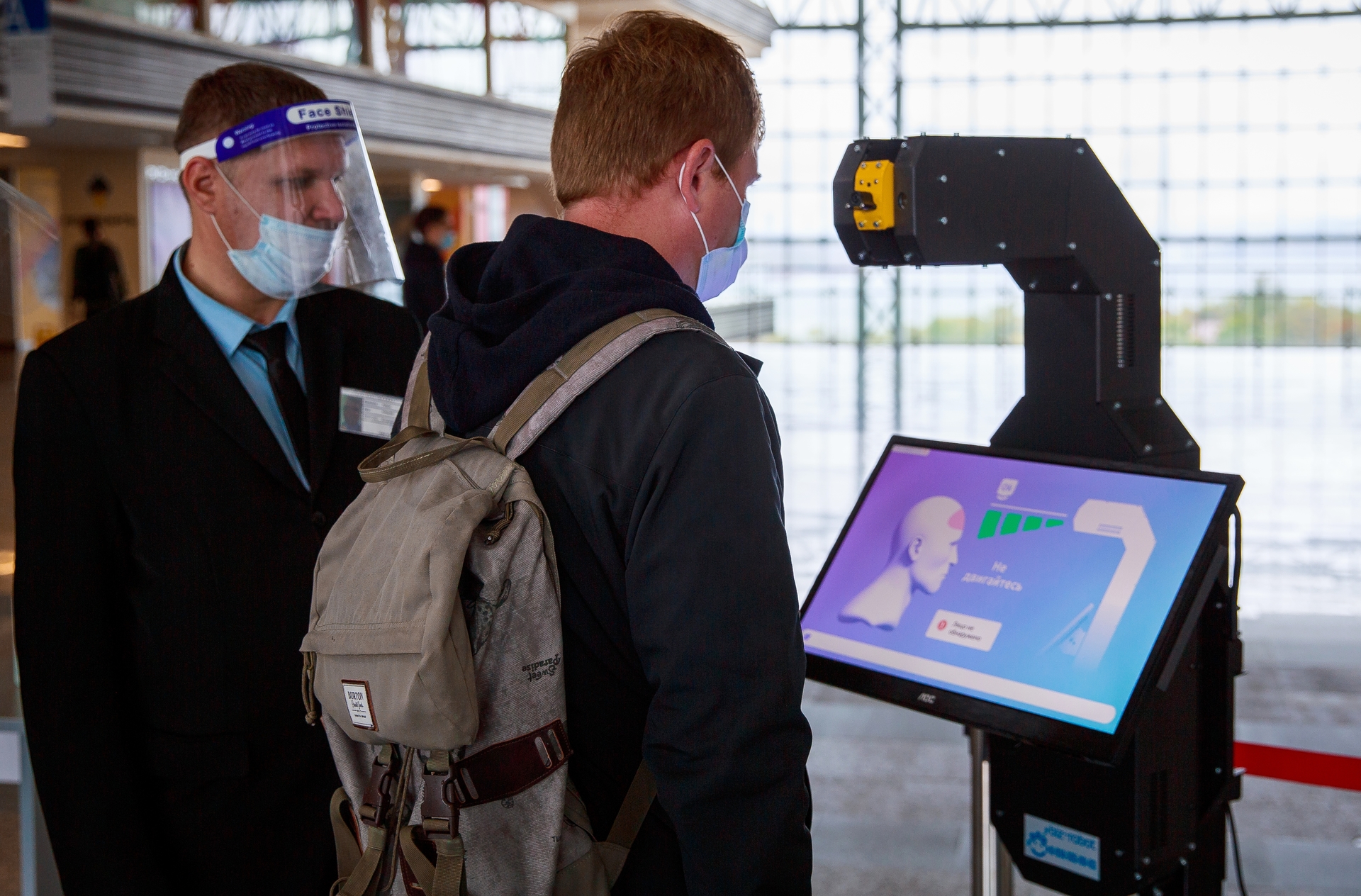From Monday, February 8, Russian higher educational institutions return to the traditional format of classes in accordance with the orders of the relevant departments and regional authorities.
In particular, the corresponding order was signed by the head of the Ministry of Education and Science Valery Falkov at the end of January.
"The document instructs the heads of universities subordinate to the Ministry of Education and Science of Russia to organize a return to training in the traditional format in agreement with the territorial bodies of Rospotrebnadzor," the press service of the department said.
It is emphasized that this work should be carried out taking into account the peculiarities of the spread of coronavirus infection in a particular region.
Universities need to take preventive measures recommended for compliance by Rospotrebnadzor.
We are talking about creating conditions for hygienic treatment of hands with antiseptics, ensuring non-contact control of body temperature among university visitors, observing the mask regime and social distancing, ventilating the premises during breaks, as well as preventing people with signs of infectious diseases from entering the university.
In the event of a worsening epidemiological situation, educational institutions must be ready to resume restrictive measures related to the organization of the educational process.
AGN "Moscow"
© Denis Grishkin
The decision to return to full-time education in subordinate universities was also made by the Ministry of Culture.
Classes in the usual regime will also begin there on February 8, the ministry said earlier.
“The return of our creative universities to full-time work is a progressive and very accurate work.
After all, it is important for us to preserve the health of not only future specialists in the cultural sphere, but also those honored teachers, whose experience, of course, is invaluable for all of us.
Educational institutions are independent in making decisions, taking into account the sanitary and epidemiological situation, but we are always in touch, in some universities, for example, while a mixed mode will be in effect: lectures will continue online, and seminars, colloquiums, workshops - in full-time ”, - said the Minister of Culture of the Russian Federation Olga Lyubimova.
In addition, full-time education of students of universities under the jurisdiction of the Moscow Department of Education is being resumed.
The corresponding decree was signed last week by Moscow Mayor Sergei Sobyanin.
At the same time, students' transport cards for public transport will be unblocked - previously their validity was suspended as part of the fight against the spread of COVID-19.
In St. Petersburg, from February 8, university students must also return to full-time education.
At the same time, Andrey Maksimov, Chairman of the City Committee for Science and Higher Education, noted that the form of education is likely to be mixed, which implies a combination of full-time and remote classes.
Recall that the Ministry of Education and Science has transferred higher educational institutions of Moscow and St. Petersburg to distance learning for the period from November 13 to February 6.
Regional universities were encouraged to do the same.
At the end of December 2020, the department said that in connection with the epidemic of coronavirus infection, over 60% of students in Russia study "in a completely distant mode."
The head of the Ministry of Education and Science stated that this measure is forced.
However, according to him, due to the transition to distance learning, education did not become part-time, since the key difference between these forms of education is in the number of hours during which teachers work with students.
“Yes, the quality of distance education differs from the quality of full-time education, because it's one thing when we communicate with you live, and another thing when on TV.
But this is a forced necessity, "RIA Novosti quotes the minister.
RIA News
© Ilya Averyanov
At the end of January, Falkov held a meeting of the Council of the Russian Union of Rectors, where one of the main issues was the return to the traditional format of education.
The minister instructed the initiative group of rectors to promptly prepare an analytical report "with a focus on checking and replenishing students' knowledge" after a period of distance learning.
In addition, the minister drew attention to the issues of interaction with foreign students and their reintegration into a full-fledged educational process after the corresponding restrictions are lifted.
Gradual lifting of restrictions
At the end of January, Vladimir Putin said that the situation with the spread of coronavirus infection in Russia is stabilizing, which makes it possible to carefully remove the previously introduced restrictions.
The President announced this during a meeting with students of universities on the occasion of the Day of Russian Students.
“I also thank the Moscow authorities very much, their efforts are not in vain, and in Moscow the situation is leveling off.
This makes it possible to neatly remove the imposed restrictions, return to a normal learning rhythm, ”he added.
Later, Sergei Sobyanin admitted that the main restrictive measures introduced in connection with the COVID-19 epidemic could be removed in the capital by May 2021.
We add that in January in Moscow, students in grades 6-11 returned to full-time education.
Sobyanin said that it was very difficult to make the appropriate decision.
As the mayor noted, the risk of increased morbidity among schoolchildren is "still very high."
In this regard, schools must strictly adhere to epidemiological safety measures.
In particular, as Sobyanin said, if even one sick person is identified, the entire class will be temporarily transferred to distance learning.
In the first week of February, 116,842 cases of COVID-19 were detected in Russia.
This is 10.8% less than in the last week of January (131,039) and 22.7% less than in the week of January 18-24 (151,191).

